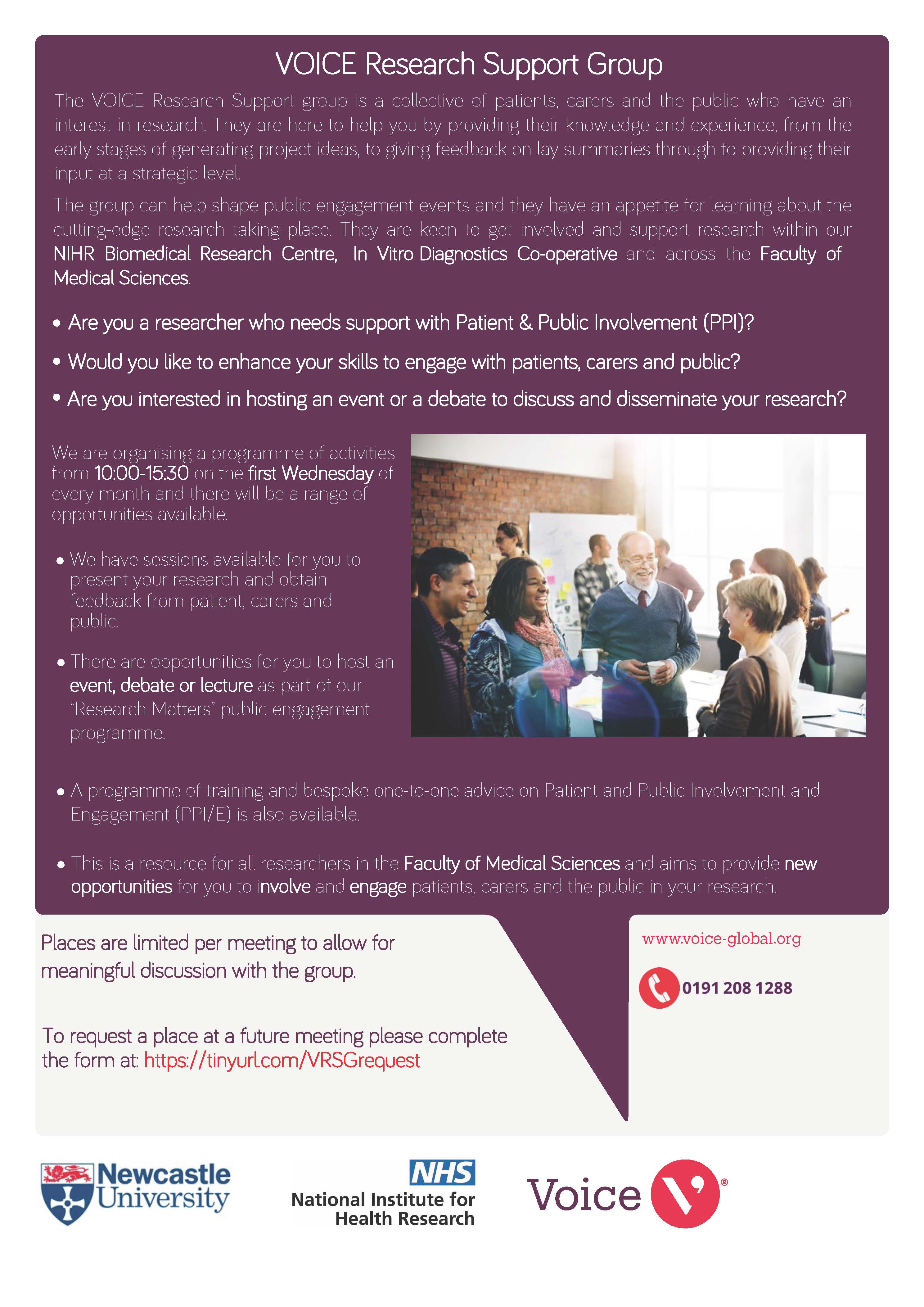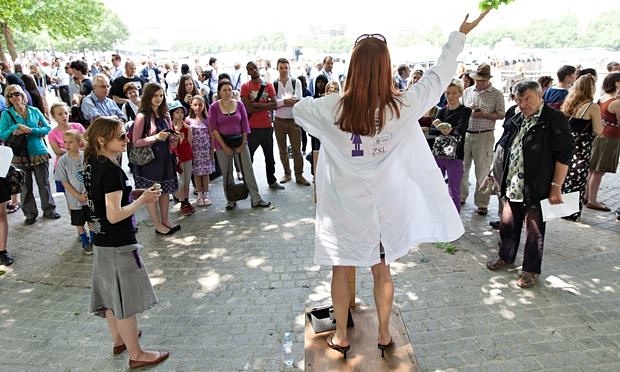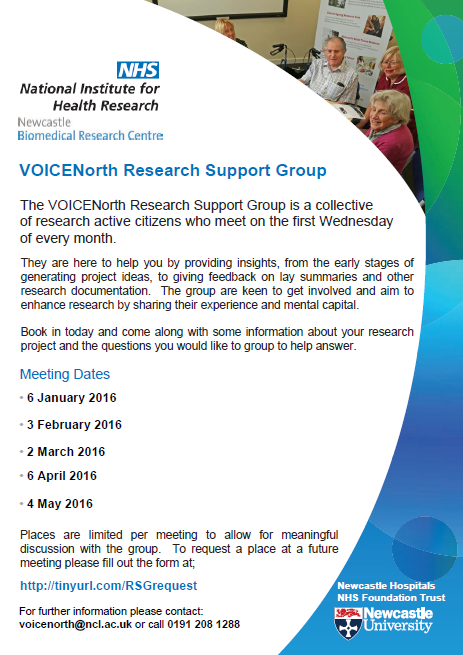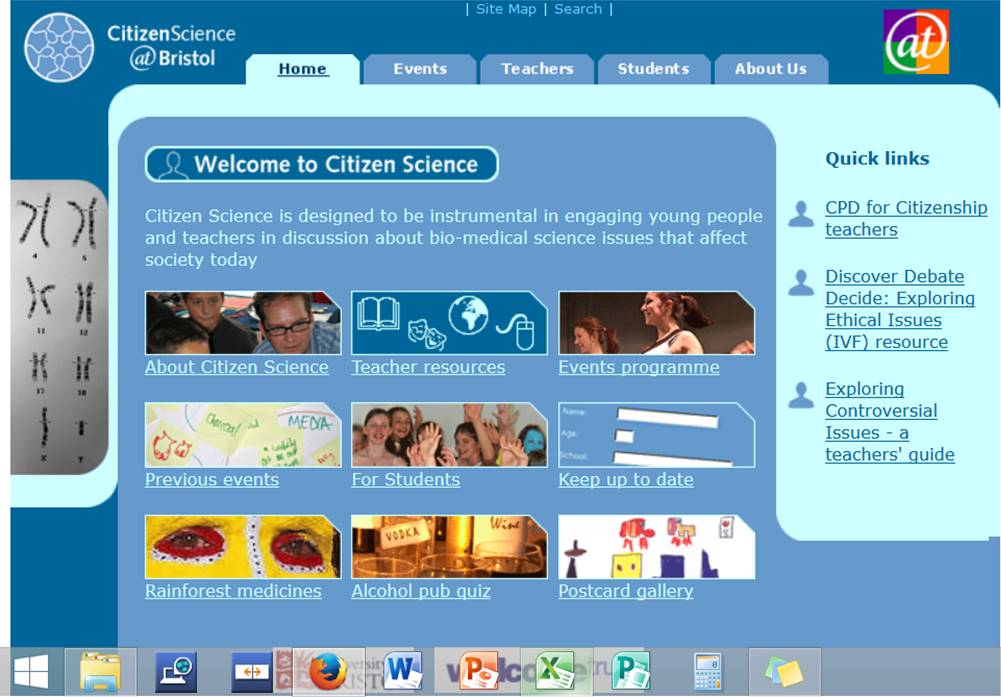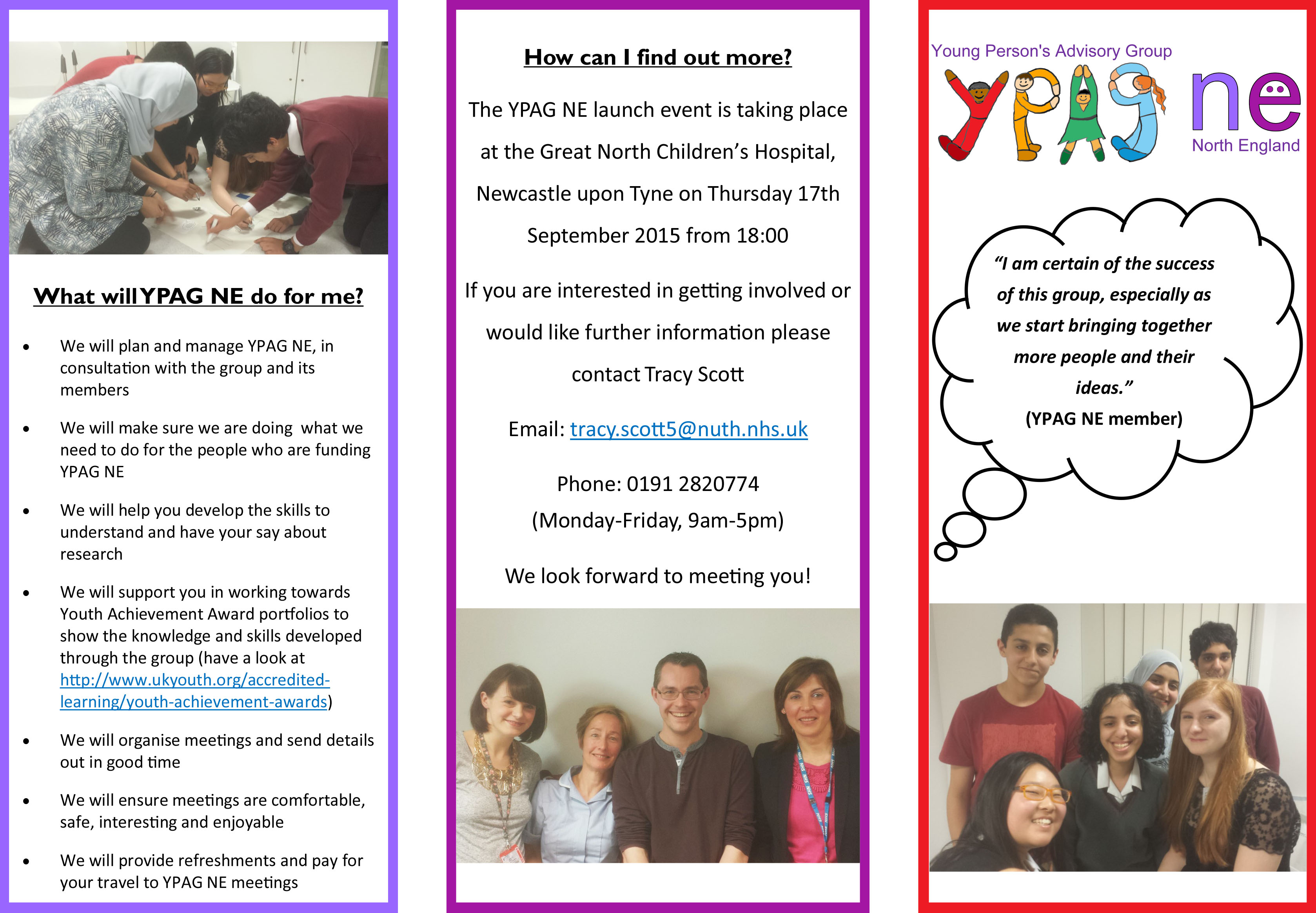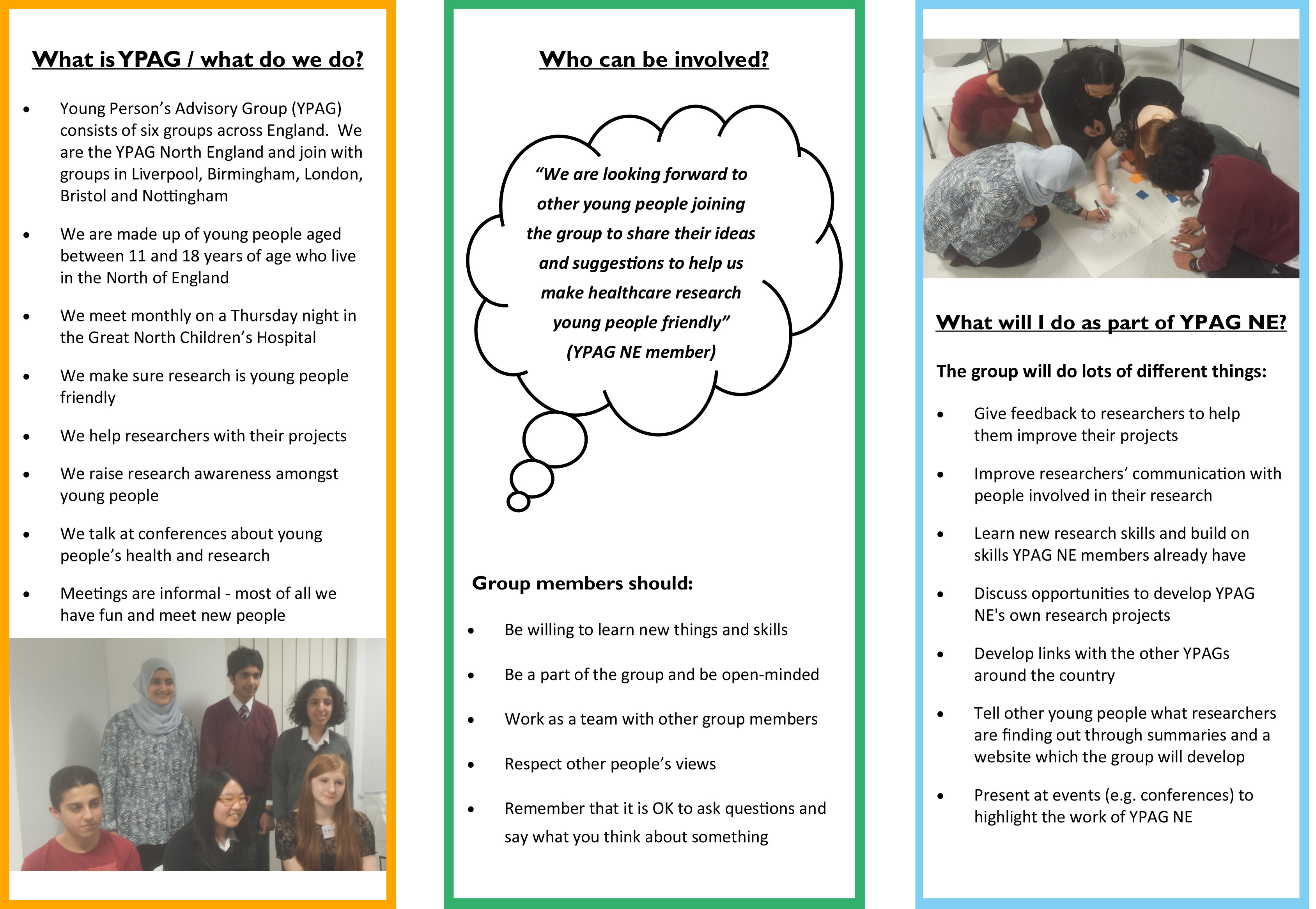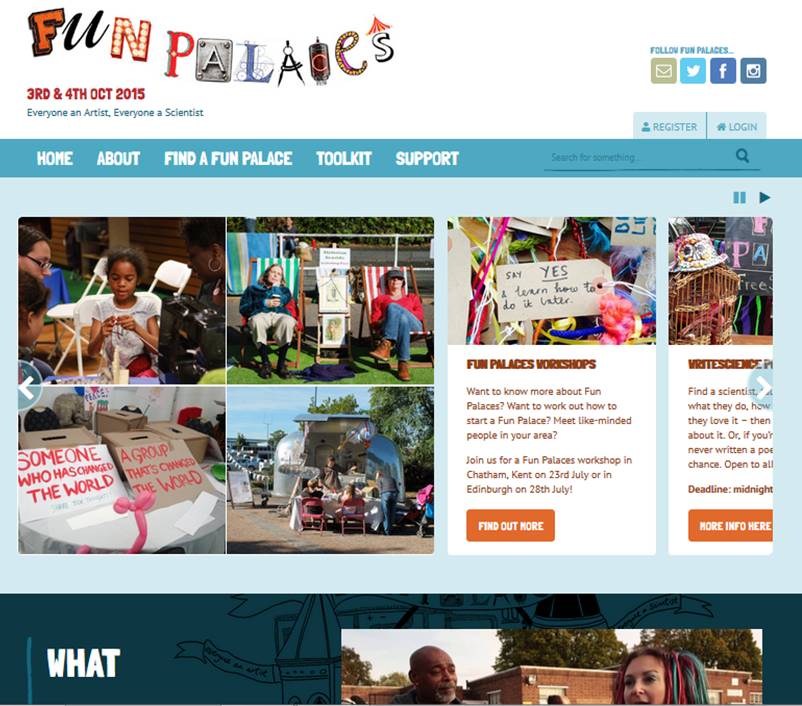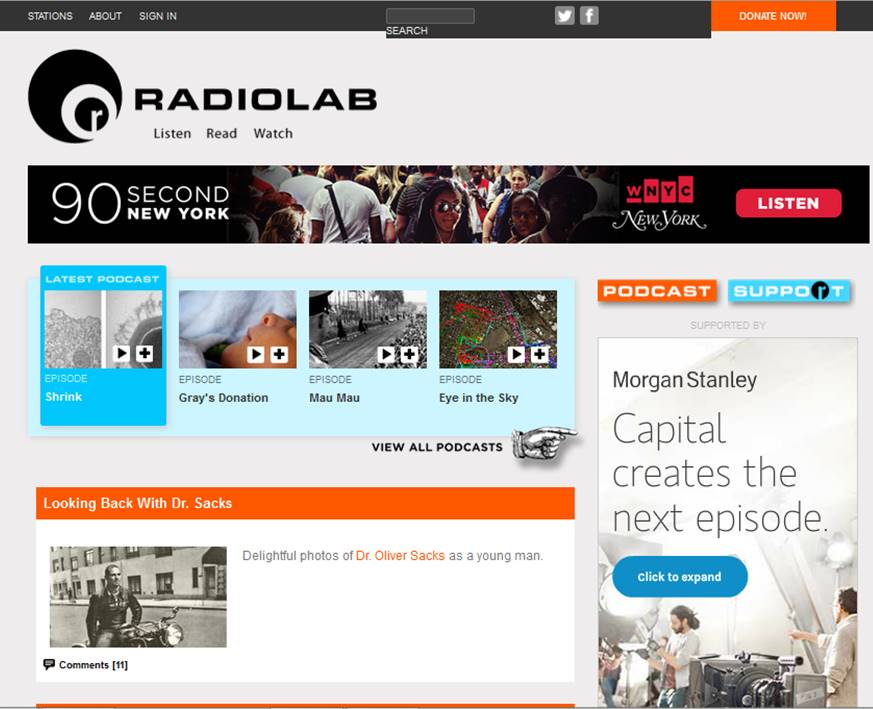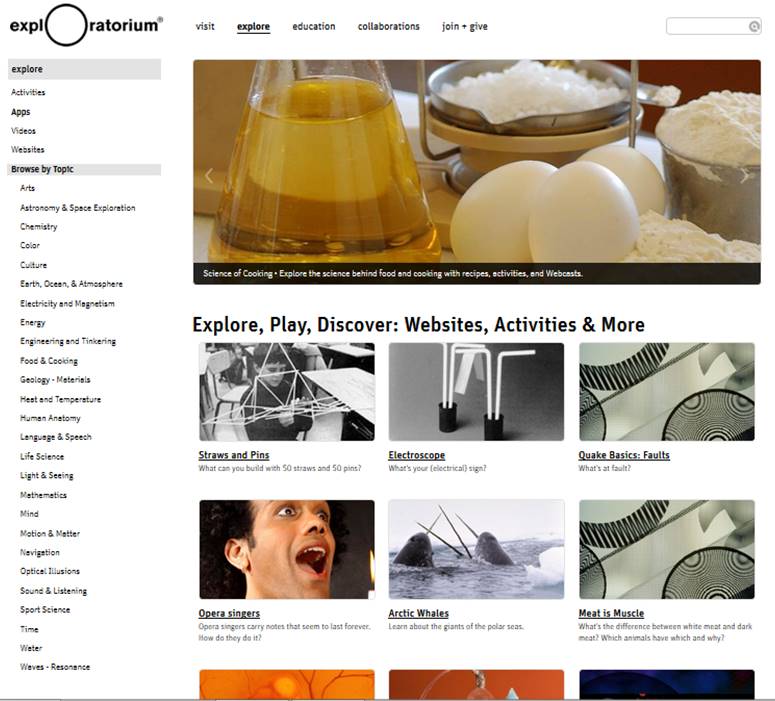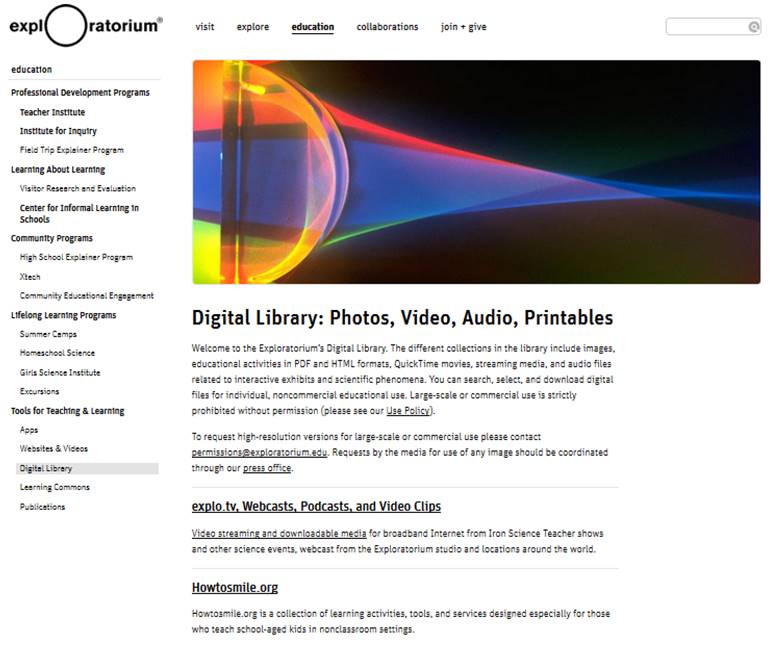Do you have early career researchers and PhD students in you institution who are keen to develop their career in broadcast media and public engagement?
The AHRC is currently looking for applications for its unique New Generation Thinks Scheme – the 2019 call is currently open and there is a month to go until it closes on 4 October.
Now in its ninth year, the scheme aims to cultivate talented, articulate academics into exceptional all-round communicators. It provides a variety of training opportunities and the chance to work with world-class broadcasters from across the BBC.
Ten academics will be given the chance to front engaging and innovative programmes on BBC Radio 3 and beyond, as well as working with the AHRC on public engagement opportunities.
The scheme is open to early career researchers from all research backgrounds, provided their research is linked to an arts and humanities discipline. You can find out more here: https://ahrc.ukri.org/newsevents/news/search-starts-for-2019-generation-of-great-thinkers-and-broadcasters/


